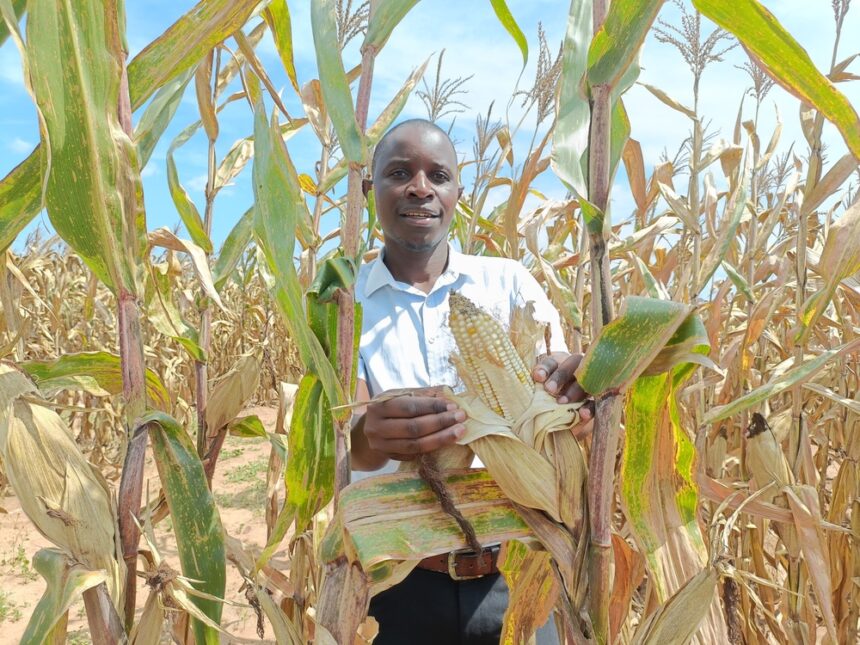By Aghan Daniel I aghan@meshascience.org
Scientific evidence indicates that pesticides contribute significantly to greenhouse gas emissions while also making agricultural systems more vulnerable to the effects of climate change.
According to the study, “Relationship Between Pesticide Use and Climate Change for Crops” by Bhakta R. Palikhe, the use of pesticides has surged in an effort to combat pests and diseases. However, this rise in pesticide application poses significant concerns due to its harmful effects on biodiversity, the environment, food quality, and human health.
Experts are therefore calling for urgent action to address the interconnected issues of pollution, biodiversity protection, and food security in Kenya.
Emily Rees, President and CEO of CropLife International, in a foreword to the 2023 Annual Report of The Sustainable Pesticide Management Framework (SPMF), stressed the need for a comprehensive and inclusive approach to tackle these pressing challenges.
“With a warming planet, tackling pollution, protecting biodiversity, and boosting food security are complex challenges that are all interlinked,” Rees said.
The report called for an inclusive approach to sustainable agriculture for the country to meet its production goals and reduce the environmental impacts of pesticides.
“Through initiatives like the adoption of drones for pesticide application, and a push for tighter regulations on pesticide use, Kenya is making strides in reducing environmental impact while enhancing crop resilience,” said Dr. Collins Marangu, Director of Plant Protection and Food Safety Directorate at the Ministry of Agriculture.
Agriculture remains a cornerstone of Kenya’s economy, contributing 30% of the nation’s Gross Domestic Product (GDP). However, Kenya is currently facing a hunger crisis, with eight out of every one hundred Kenyans experiencing acute food insecurity (IPC AFI Phase 3) due to severe droughts that have affected food production and driven up prices.
Additionally, the rise of invasive species is threatening farmers’ efforts to stabilize production, exacerbating the food crisis and hindering economic growth.
“The challenge of climate change is very serious in Kenya. In 2019, we faced a locust attack for the first time in 70 years. Pest species are evolving and are different from what we have seen before,” says Dr. Marangu.
The SPMF report states, “Going forward, biopesticides have an important role to play in strategies that monitor such risky weather events and start preventive treatment in the early stages of an outbreak. This would go a long way to avoiding the kinds of large-scale crises the Horn of Africa is experiencing today and safeguard the food security of millions of people.”
Climate change, driven primarily by human activities, is expected to have profound impacts on insect conservation and the status of agricultural pests.
Climate and weather play critical roles in the development and distribution of insects, and anthropogenic climate change—resulting from increased greenhouse gas emissions—is likely to exacerbate the problem. Current projections suggest global mean temperatures will increase by 1°C by 2025 and by 3°C by the end of the century, which could have serious consequences for temperature-dependent insect pests.









